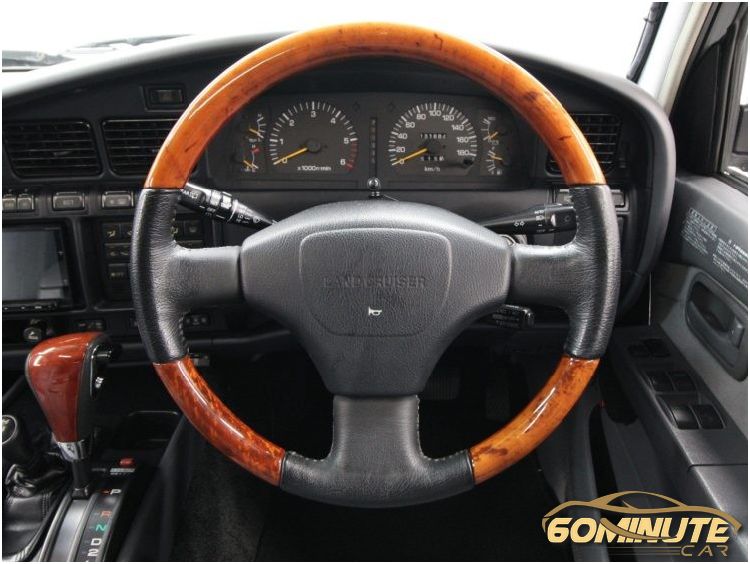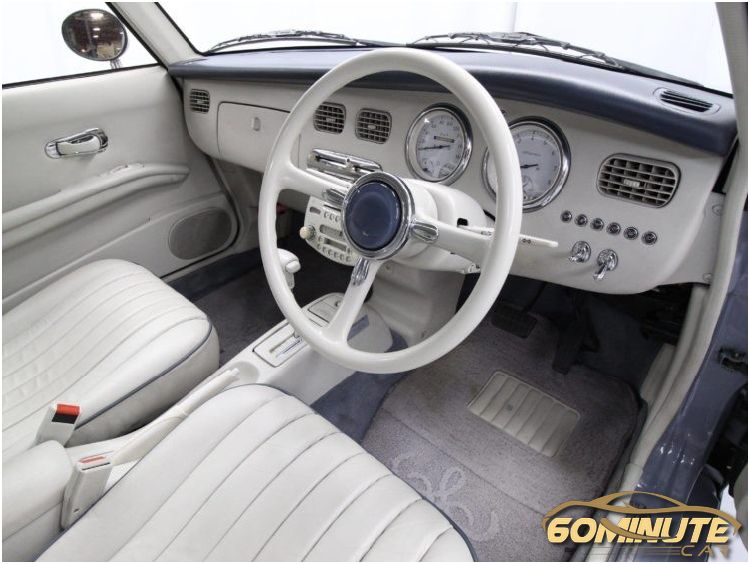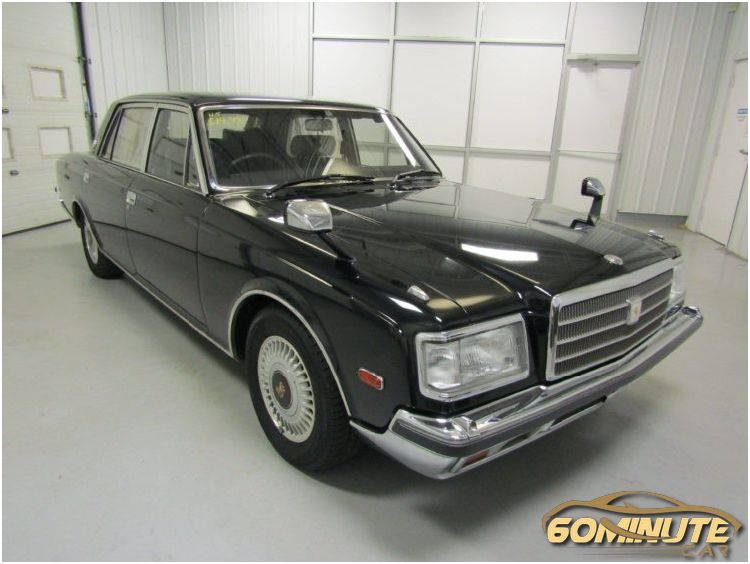Death of Sedans
Meta Description: Sedan Vehicles may have been experiencing hard market times in the recent past, trying to penetrate through a base they once dominated. Their sales have considerably fallen, but there is still hope of improving. They have much innovated and come up with viable industry vehicles. All is not lost, and the sedans are not exiting the market any sooner.
Sedans cars are vehicles that have, for ages, been a crystal clear definition of a quality ride. The car has been used by many not only in the United States but the world all over with various manufacturers taking the glory. Nonetheless, the life of Sedan is threatened by numerous market factors, which have brought many to the question about their survival. Here, we explore the Sedans market reality, ride quality, elegance, dynamic, comfort, and versatility.
Is Sedan Exiting the Market?
The Sedan has, over the past two decades, been highly marked as a car unmatchable in interior, driving dynamics, fuel economy, and performance. It has enjoyed great popularity. However, things appear to be headed south as the car-buying population has openly displayed a different inclination if past statistics are anything to go by.
From 2013 through to 2014, when fuel prices had worrying skyrocketed, Ford Focus and Fusion sold 295,000 and 307,000 cars, respectively. When the economy stabilized the subsequent year with a drop in the prices, Ford sold 300,000 units marking the onset of stagnation and possible fall. In 2018, the sales moved to the negativity extreme of not more than 180,000 cars sold, and the trend is expected to continue.
The two U.S vehicle manufacturing giants: Ford Motor Company and General Motors Company recently announced a shift from the production of Sedan to all-electric and autonomous SUVs and trucks as well as hot rodded cars that seem to enjoy market dominance and popularity. Notably, loyalty and patriotism to Sedan have shifted with the remaining consumer base preferring Japanese sedans to American sedans. The American market has been adversely affected, following which the Sedan version is slated for death.
What Factors Have Contributed to the Death of Sedans?
The world’s economy is very dynamic; each turn and tide calls for an active response to beat competitors. At some point during the advent of technology, a lag phase occurred. American car companies failed to be robust in designing the better ride, comfortable interiors, general performance, and efficiency. This made other automobiles such as the Buick Lacrosse and Toyota Camry get a higher consumer rating.
The decline in sedan sales has pushed motor companies to re-focus into relevant and more viable projects that will help them survive the market turbulence. The Ohio based General Motors Company is slated for a shut down following sales drop. Chevrolet Cruze sales slide backward from 273,00 in 2014 to 145,000 in 2018, Chevy Impala sales stood at 300,000 sales in 2007 then dropped to under 76,000 in 2019. The decline is a replica of all other sedan cars, such as the Cadillac ct6 and xts model. The declining trend means the American automakers have lost ground to sport utility vehicles and trucks, which have gain pre-dominance in the auto show.
The death of sedans in America stems from a failed recovery journey after the company repeatedly produced poor and shoddy cars. No client wants to be dubbed cheap for riding a vehicle that does not show class. Americans love cozy vehicles that show them as superior. The companies overlooked the need to improve on their products. Competitors, on the other hand, enhanced their innovations to have super sleek cars. The historically low sales have made the production of sedan cars economically not viable, as even the produced unit failed to sell out as in the later years. However, Sedan cars today are superior and equally match those in the market, but loyalty has not been fully regained.
While it is valid Japanese sedans sales have declined over the years, the big drops have been experienced by the American carmakers. The only cars that Americans are not buying are American Sedans and not Japanese sedans, most of which are passenger cars with limited interiors and space. This has pushed the companies to the dead-end where re-strategizing is the only option for survival.
Is There any Hope to Revive the Sedan Market?
One advantage of sedans is that there is an extensive clientele that still places value and believes these cars as excellent. Their brand loyalty is undaunted, and their quest for current and revamped models and versions of sedan cars is unstoppable. We still have customers who have our back despite the changing times, customer satisfaction ratings, innovation, among other factors.
The decline does not necessarily imply the company has been making losses. The drop on the flip side has helped us improve our vehicle and come up with a valuable portfolio. The sedans are not exiting the market but rather will revamp better and more durable. Although we may never enjoy dominance as in the past, customers have realized that the sedans have enhanced safety measures, technological specs, interior space, and comfort.
The impending death of sedans has made us realize that we have competition from around the world. This has propelled a needed revolution that has muscled up American car companies. An equivalent of what is in the market is sedans well blended in both form and function. Sedan sales are climbing gradually; among the top-selling U.S car companies with the American trucks taking the fourth position. Among other best performers is the Toyota SUV, with 407,000 sales in 2017, Honda CR-V with 378,000 sales, and Nissan SUV sales exponentially increased from 18,000 to 403,000 from 2007 to 2019.
My name is Den. I used to work at the biggest dealership in the country. I left and now I teach you how to buy a car without getting F•••ed. So one of the topics I wanted to cover was, should you buy a car in 2018? I’m going to go over some articles that I found online and what other people are saying. You may have seen similar topics on YouTube. But what I’m going to talk about the trend of the video is what it means for you. How that is actually going to impact you cash wise, money wise. What’s going to happen to your car when you buy it? So if we look over here, this article is talking about motor trend, how Honda is great. Honda Accord is amazing, but it’s not selling. Second article that I’ve found is Honda Core does a slow seller. So dealers are asking for help. Who are they asking for help? They’re asking first manufacturers. They’re asking for rebates. They’re asking for special incentives. They’re asking for cash back. They’re asking for more advertising. So they do more of enticing. And more people come to the dealership to buy the car. And they’re asking people that are running these blogs, these news articles, whatever you want to call them, YouTube channels about cars like Car of yours, KBB, Nayda, all those places, they’re asking for more advertising, more videos covering this car. Second, Honda Accord is great, but it’s not selling. Honda Accord is actually a brand new Honda Accord. This is not a regular Honda that was just revamped or just has a facelift.
They actually got a brand new interior brand next year. New suspension, new transmission, new engine. Everything is new for this car. And this car is good, but it’s not selling. Why is it not selling? I’ll tell you why in just a little bit. Here’s another article. Talk News. 2018 Honda Accord is not selling as well as predicted. Honda was actually banking on this car. They thought this car is going to sell like hotcakes, but it’s not selling. In fact, at the beginning of 2018, Honda had six months worth of inventory of Honda Accords, six months worth of inventory. That’s how they’re parking lots. Looked like six months is still not over. Right now, it’s about to be September. They still have hundreds and hundreds and hundreds of thousands of cars. They’re just sitting there waiting to be sold. And that’s why dealerships will do anything. They will put all sorts of incentives for you to buy a Honda right now, a Honda Accord, not just a new Honda, Honda Accord. There’s a diagram that I got from motoring intelligence. If you look at the right side and left side of the graph, this graph shows the changes of sales from 2015 to 2016. All right. So if you look in the right green lines that are on the right are s._u._v.s. If you look at the left side, the blue lines that are in the left are sedans. Right side is increased sales, left side is decreased sales.
If you look at the what this graph is showing is that sedans are going down and sales and s._u._v.s are going up and sales. Now, this has been going on since two thousand sixteen for two years. Nobody is talking about it. How come it takes me a guy that used to be a salesman, left a dealership, has to make a video how you’re about to get F•••ed. Consumer Reports not talking about it. KBB not talking about it. Nader not talking about it. Nobody is telling you that you will get F•••ed if you buy a sedan. Keep calm. Well I’ll I’ll, I’ll, I’ll just show you more stuff. I’ll show you more. America’s top 10 selling mid-size cities. 2015 is blue. 2016 is red. If the red line is less than the blue line, that means sales of sedans are going down significantly. Let’s take a look at this Camry down Honda. Surprisingly, about the same Nissan Altima down fourth Fusion, down Chevy Malibu. I have no idea what shavit’s do and how they got their sales up. Must be old them. J.D. Power Awards. Sorry, I can’t. Even with a JD F•••ing power awards, I’ll talk about that bullS•••. Also, so Hyundai Sonata, about the same Kia Optima down Volkswagen, Passat down Chrysler. They actually cancelled production of Chrysler because it was that bad Subaru legacy up a little bit. Subaru is a different type of sedan. It’s all wheel drive sedan. And people are buying it because of all wheel drive capabilities.
But in another video link below. I’ll talk about why you shouldn’t buy a Subaru, Subaru is absolute cancer if you’re buying Subaru for more than five years, more than seven years if you’re buying Subaru with over sixty thousand miles. Stay away from it. I’ll talk about that in different video. All right. Here’s another graph that’s showing us death of small car market in 2015. And the reason there is a smile on my face is because this has been going on since 2015, 16, 17 or 18 is almost over. 2018 is about to be over in a few months. And nobody is telling you that if you buy a sedan, you’re going to lose a lot of money. I’ll tell you how you’re going to lose that money in a little bit. I just want to make sure that you understand what has been going on that I’m not this this what I’m talking about did not just appear. It didn’t just magically appear out of space. And I’m just telling you about this. This has been going on for many, many, many years. But nobody is talking about it because they’re getting paid very well by car manufacturers and dealerships not to talk about this. So you can see that the blue line, which is SUV and trucks, has been climbing up and the red and orange line has been going down in 2015, that there has been more sales of trucks and s._u._v.s than there has been sedans. And why is that? Here’s the reason why people are buying s._u._v.s or sedans.
First, you get better seating position. It’s just more comfortable. Second, you carry more cargo. Third, you carry more people. It’s much more safer. You can take it in a snow or Off-Road, whatever the situation may be. And here’s the coolest part. You can put your pets in it. I’m just kidding. It’s not the coolest part. But whatever. People are having dogs, people are having F•••ing cats and S•••. You can stuffing them in the back no matter what the situation is. Here’s something else you can tow with the SUV. You can’t really tell with a sedan. Imagine you go into a lake in a Honda Accord or a Camry. I mean, lunch. What like what are you gonna do? I can’t even think what are key. What can you bring? Just a big cooler. What stuff? And that’s it. By the time you fit 20 flip flops, towels, maybe umbrella or blow up F•••ing mattress or whatever. You can’t really put anything into it. You want to take an SUV, wherever you’re going with your family, you’re going shopping. You’re taking an SUV because you’re going to be buying S•••. You’re going to a lake. You’re getting an SUV wherever you’re going. You’re taking an SUV because it has more roomy, has more practicality. So the reason people are buying more SUV is in the last three years than sedans is right here. Let me show you magic. Bam! Can you tell the difference? I can’t.
If you’re getting same gas mileage or similar, why are you going to buy a sedan or an SUV with the SUV? Better gas mileage or the same gas mileage, better seating position. The ride is just more enjoyable or will drive. You have more room for people and stuff to carry. It’s sport utility vehicle. There’s utility, too. There’s practicality to driving an SUV. Comparing to Sedan, now, Ford has realized this. In fact, they have realized this so much, they’re actually cutting out a bunch of their cars. They’re cutting out C-Max Fiesta. Ford Focus. Ford Fusion. And Taurus. They’re going to keep Mustang. Just because it’s a Mustang and they’re going to keep their minivans because of churches and small businesses. Actually, speaking of minivans, if you’re gonna be buying a minivan, you’re gonna encounter the same problem as you’re going to encounter with the sedan. Unless your minivan is all wheel drive, then you are gonna have real problems in a couple of years when you decide to trade it in or sell it. Here’s where you’re really going to lose money when you’re buying a minivan or a sedan in 2018. What’s going to happen in 5 7 years when you decide to sell that sedan or a minivan, not a SUV? You’re going to be in a position where nobody wants that sedan. Nobody wants that minivan because everybody is looking to get actual SUV. Here’s an example. In 2012, sales of smartphones have surpassed the sales of dumb phones, flip phones.
OK, you’re in 2012 and you’re deciding to buy a dumb phone, a flip phone when everybody else is already buying smartphone. Five years later, six years later, three years later, whatever. Years later you decide to. Get rid of that dumb phone that you bought and you’re gonna be trading that phone in. How much money you think you’re going to get for it? Or let’s say you sell that phone to one of your friends or on Craigslist. How much are you going to sell that flip phone in 2017? 2016? 2015. Nobody wants that S•••. How much are you going to sell your sedan for in twenty twenty to twenty. Twenty one or twenty twenty. When it’s time for you to trade that car in. Nobody’s going to want that S••• anymore. You’re gonna be stuck with a sedan that you owe money on and nobody wants that thing anymore. You’re not going to be able to get what you want for it. Everybody is going to be buying s._u._v.s. If you bought a sedan in 2018, I feel bad for you. You went with a very slick salesman who sold it to you, even though you should have been buying this SUV. The moral of this whole video is stay the F••• away from sedans and minivans, a SUV. This is then with 60 minute car. I’m signing out and they’ll see you on the Internet.





